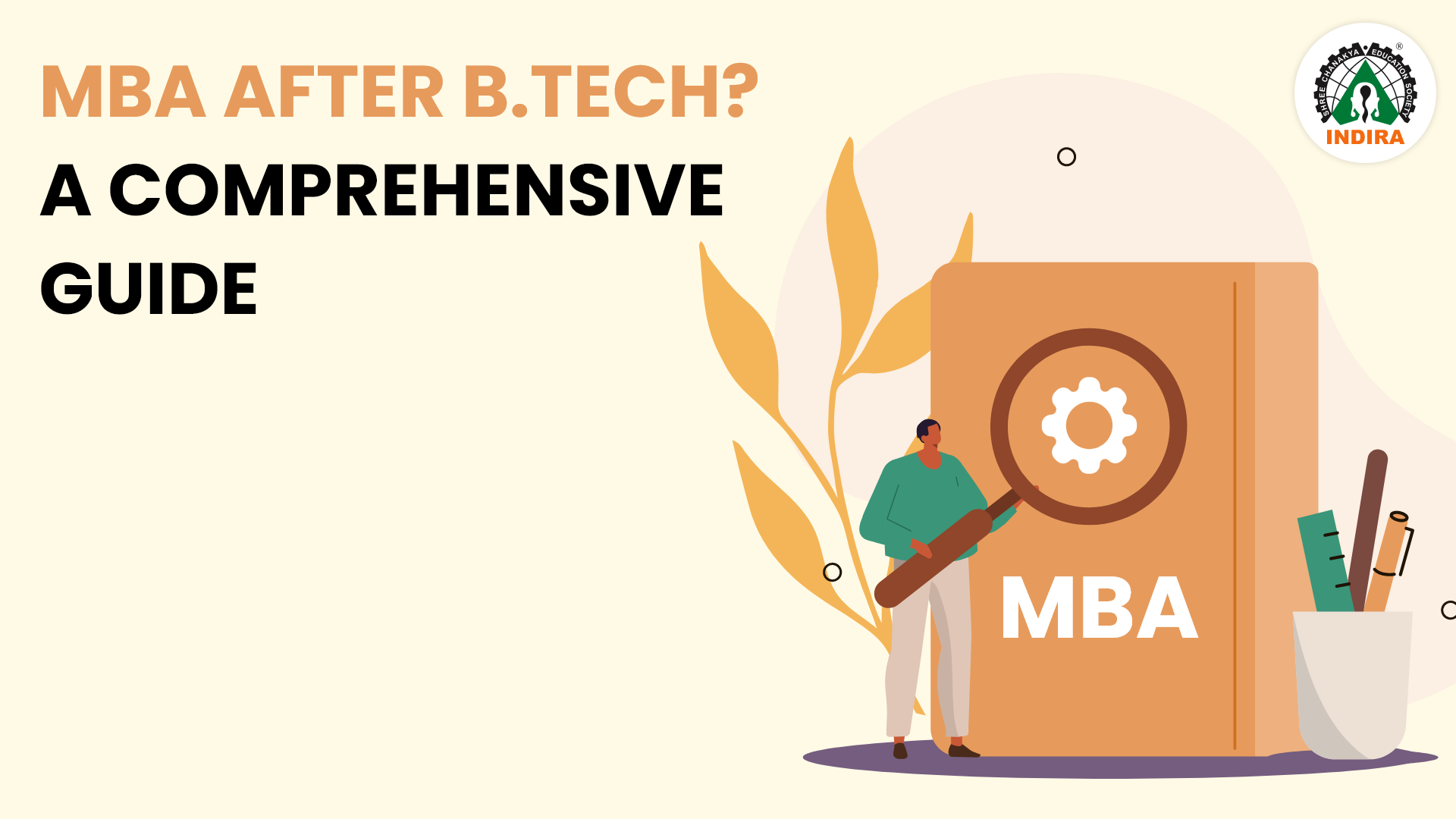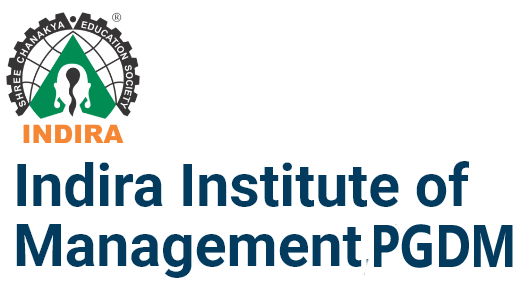The most common questions asked by engineering graduates are "Should I pursue an MBA after B.Tech?" and "What are my job choices with an MBA and a B.Tech?" Both recent graduates and seasoned engineers who wish to advance their professions look for advantages and methods to obtain an MBA after engineering. One of the most popular post-B.Tech employment options for students of all ages is an MBA. Below, we have covered some benefits of earning an MBA degree.
Getting an MBA after a BTech
Most engineers now choose to pursue an MBA after completing their BTech in order to advance their managerial, technical, and professional skills. It is a two-year professional postgraduate program with several chances for career advancement. In order to obtain an MBA after earning your engineering degree, follow these steps:
Make sure you're eligible
The first step in beginning a career in business administration is to determine whether you are eligible for an MBA. The standard MBA requirements, which apply to most MBA programs, are as follows:
a bachelor's degree that must be earned within three years of passing the 10+2 test from an accredited institution; a graduation grade point average of at least 50% (or 45% for reserved categories); and, in accordance with some universities, the candidate cannot be older than 35.
Identify the ideal MBA program.
Graduates may find it difficult to create a study plan due to the variety of the syllabus and exam format. While applying for admission, students frequently need to meet several requirements. It can be beneficial to become familiar with the several entrance exams you have to pick from, such as the Management Aptitude Test (MAT), Xavier Aptitude Test (XAT), Symbiosis National Aptitude Online Test (SNAP), and Computer-Based Standardized Test (CAT), among others. Here are two additional suggestions to assist you in selecting the best MBA program:
Choose the best business school
For students, choosing the best business school is a crucial choice. Many B-schools recognize the results of the various entrance tests, including the grades and rankings. Search for a business school that fits your needs such as career goals and geographical location, cost of studying, job placement, and career opportunities.
Choose the appropriate specialization
You can concentrate on picking the ideal specialization once you have chosen the ideal business school. Finance, human resources (HR), information systems, and international business are a few of the popular specializations. Consider the disciplines based on the many specializations and income packages available in each as well as your strengths to identify the correct specializations.
Getting ready for entrance exams
Graduates can sit for a variety of MBA entrance exams to gain admission to some of the best B- schools in the nation. CAT, XAT, MAT, NMAT by GMAC, IIFT, and CMAT are a few of the well-known tests. Each exam has a different preparation schedule and approach, so do your homework in advance.
Going for an MBA after BTech is a very viable option. It broadens your perspective and points you in fresh directions. These are a few justifications for why you should unquestionably get an MBA after a BTech.
The exposure you would receive would be flawless.
In comparison to what you learned as an undergraduate, postgraduate education and training are significantly different. Your colleges will provide you with a tonne of real-world training and experiences as an MBA student, which will be very helpful to you in the future. Your business administration and engineering abilities would not only enhance the appearance of your resume and increase your value as a valuable employee.
Having an MBA is Highly Reputable.
As you are aware, an MBA is one of the top degrees one can obtain and is well-known on a global scale as both a course and a degree. Even if there may be many students in India with the same degree, this in no way lessens its worth. It demonstrates to the company how effective you are at your job. A person with an MBA degree will have access to fantastic internships in addition to appealing positions. Because of this, you should pursue an MBA without hesitation.
You won't lose your job easily if you secure one.
You losing your work because you are deemed insufficiently qualified or because the company believes a better candidate can fill the role is one of the main causes. Regrettably, this assumption could be made since you lack a postgraduate degree, such as an MBA. Your chances of obtaining the position for a long time increase with the quality of your degree.
Vast Range of Employment Options
The alternatives you have after finishing a degree-related course are typically limited. With an MBA, though, you have many more chances to launch your career. Among these include economics, finance, Technology, statistics, marketing, entrepreneurship, and other disciplines.
So, When Will You Start Your MBA Program?
If a deserving person read about the benefits of getting an MBA after earning a BTech but decided against doing so, it would be pointless. To establish a secure career for yourself, think about taking an MBA if you believe you have the necessary skills and interests.










